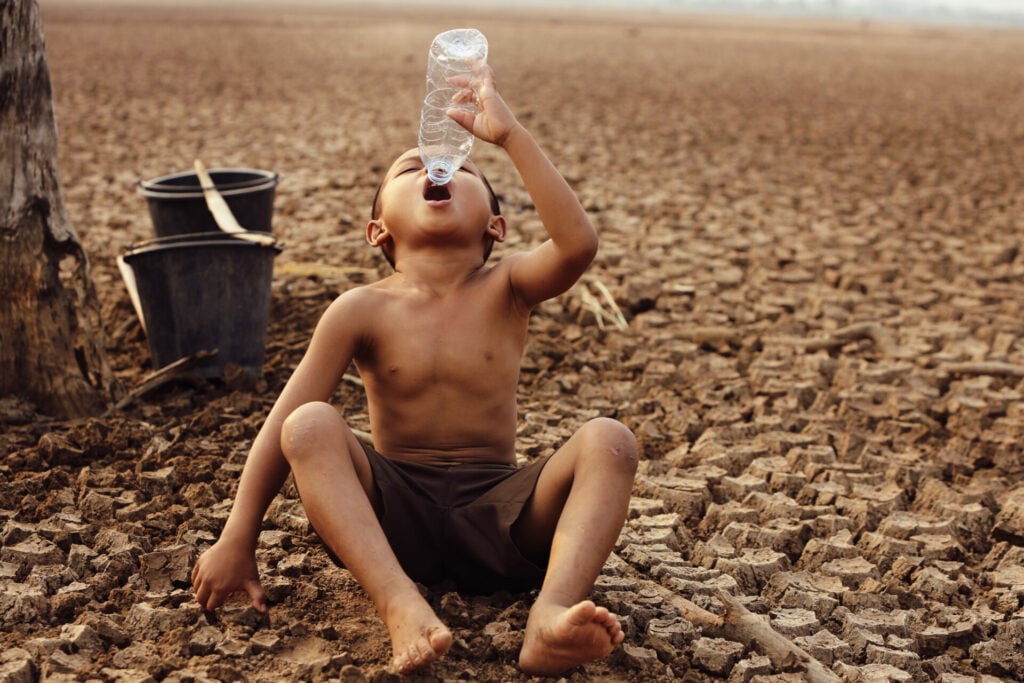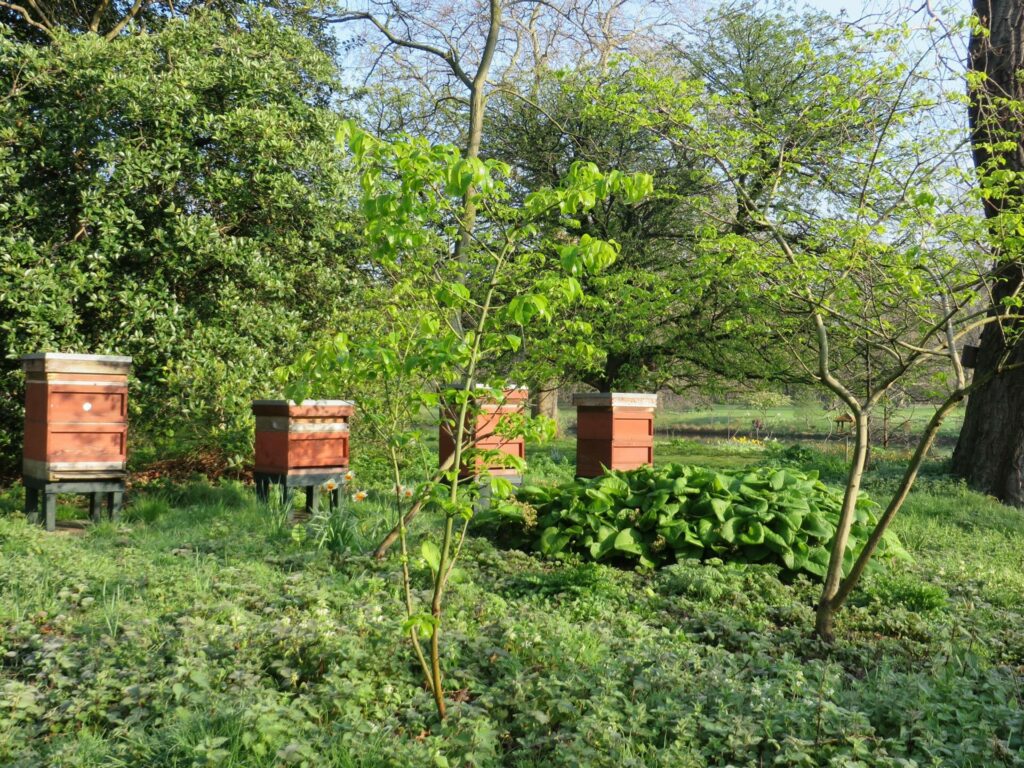Much loved superfood blueberries and versatile green beans have joined this year’s ‘Dirty Dozen’ of non-organic produce with the most pesticides.
The list compiled by the Environmental Working Group – a not-for-profit environmental health organisation – was topped by other firm family favourites spinach and strawberries for the second year in row.
For the 2023 Shopper’s Guide to Pesticides in Produce, researchers from the US Department of Agriculture (USDA) analysed data on 46,569 samples of 46 fruits and vegetables.
This year kale, collard and mustard followed spinach and strawberries on the Dirty Dozen list. Listed next were peaches, pears, nectarines, apples, grapes, bell and hot peppers, and cherries. Blueberries and green beans were 11th and 12th.
Nearly 90 per cent of blueberry and green bean samples had concerning findings, the report said.
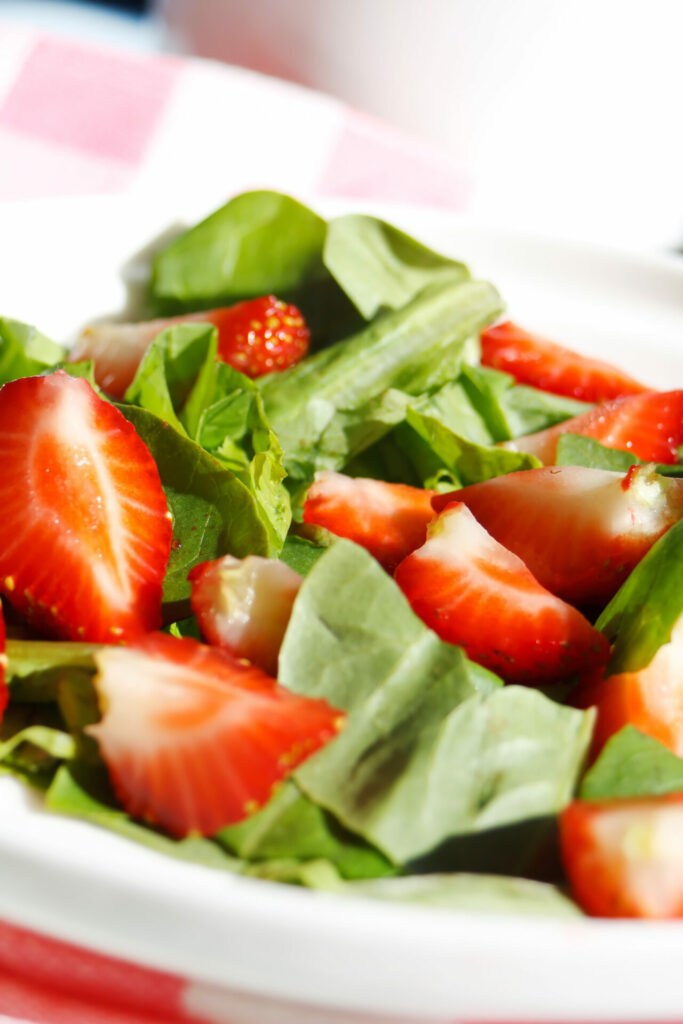


Every year, a rotating list of produce is tested by the group’s experts who wash, peel or scrub fruits and vegetables, before examining them for over 250 different pesticides.
A total of 210 pesticides were found on the 12 foods, the report said. Kale, collard and mustard greens contained the largest number of different pesticides — 103 types — followed by hot and bell peppers at 101.
About 80 percent of blueberries tested contained two or more pesticides; and on green beans, the EWG detected 84 different pesticides.
Dirty Dozen Health Risks
‘Some of the USDA’s tests show traces of pesticides long since banned by the Environmental Protection Agency. Much stricter federal regulation and oversight of these chemicals is needed,’ the report said.
‘Every choice to reduce pesticides in the diet is a good choice for a child.’
Jane Houlihan, Environmental Working Group
‘Pesticides are toxic by design,’ said Jane Houlihan, former senior vice president of research for the Washington DC-based Environmental Working Group (EWG).
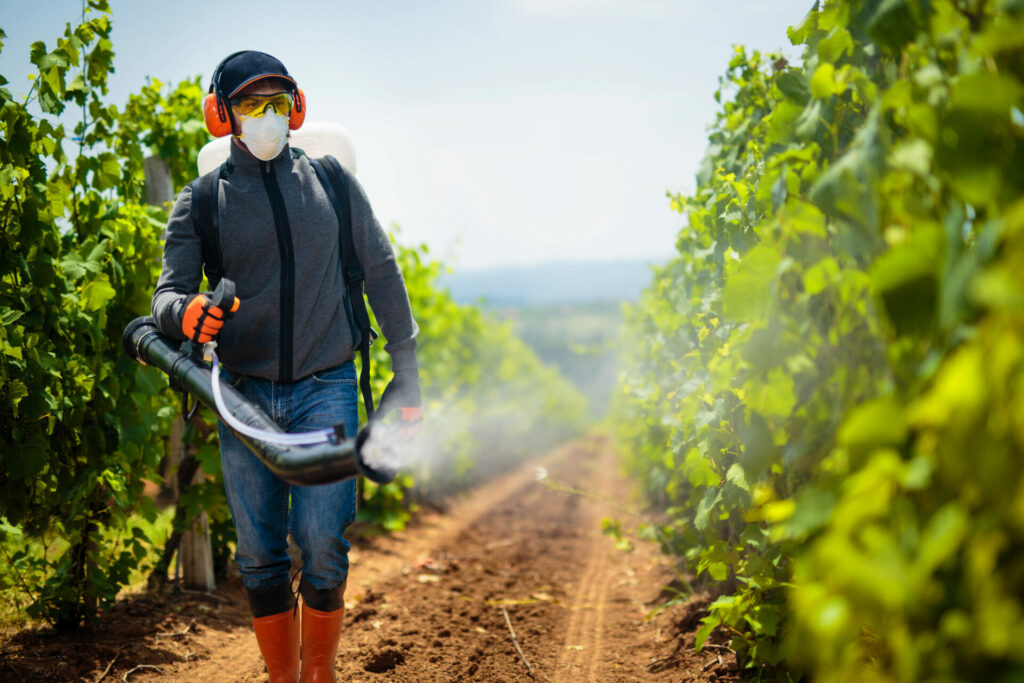
According to experts exposure to foods without pesticides is crucial during pregnancy and in childhood. Children need nutrients but are also harder hit by contaminants such as pesticides.
Houlihan, who is now research director for Healthy Babies, Bright Futures, an organisation dedicated to reducing babies’ exposures to neurotoxic chemicals added: ‘They are intended to harm living organisms, and this inherent toxicity has implications for children’s health, including potential risk for hormone dysfunction, cancer, and harm to the developing brain and nervous system.’
‘Every choice to reduce pesticides in the diet is a good choice for a child.’
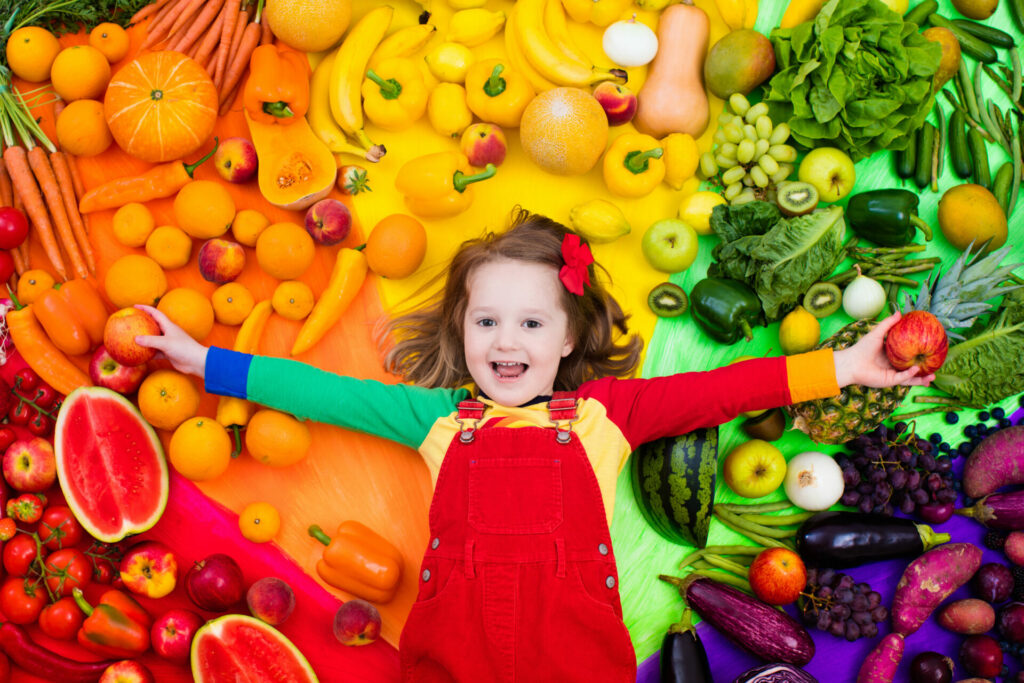
When tested blueberries contained 54 different pesticides. Two insecticides, phosmet and malathion, were found on nearly 10 per cent of blueberry samples. Phosmet and malathion can interfere with the normal function of the nervous system, according to the US Center for Disease Control and Prevention (CDC).
The testing found 84 different pest killers in green beans and six per cent of samples tested positive for acephate, an insecticide banned from use in the vegetable in 2011 by the EPA.
A high dose of these chemicals can cause difficulty breathing, nausea, a lower heart rate, vomiting, weakness, paralysis and seizures, the CDC said.
The Clean 15
The EWG also put forward its ‘Clean 15’, a list of conventionally grown crops that tested lowest in pesticides. About 65 percent of items on the list had no detectable pesticide residue at all.
Because these 15 crops tend to have less pesticides, the EWG believes they are the safest produce items to buy conventionally, which is typically less expensive than organic produce.
Avocados topped 2023’s list of least contaminated produce, followed by sweet corn in second place. Pineapple, onions and papaya, frozen sweet peas, asparagus, honeydew melon, kiwi, cabbage, mushrooms, mangoes, sweet potatoes and watermelon made up the rest of the list. Carrots also moved into the list from last year’s Dirty Dozen.
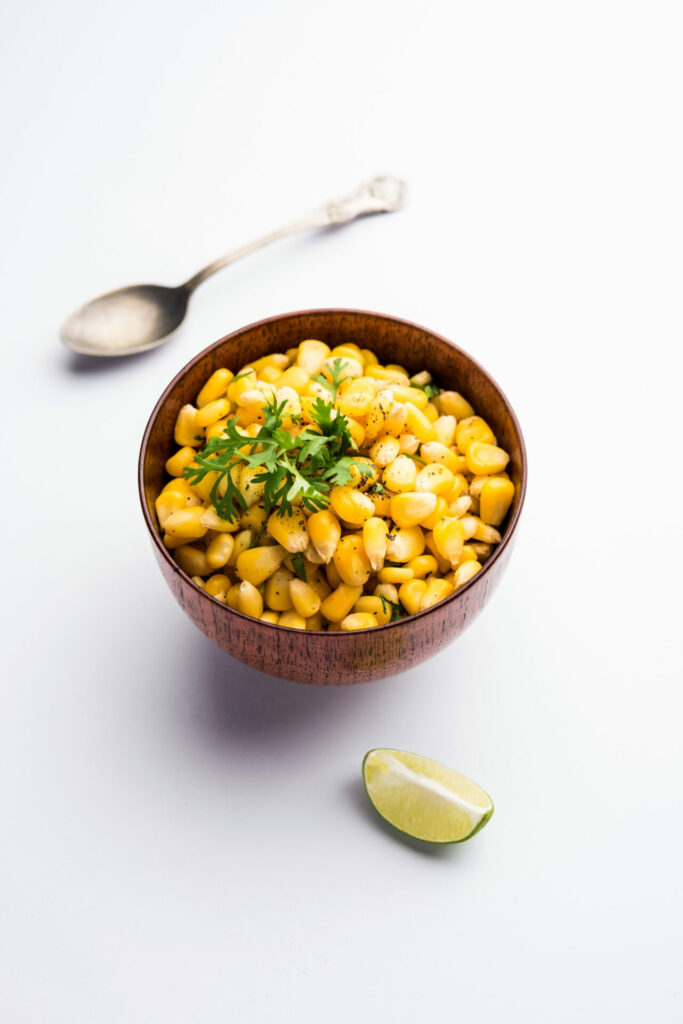


Many fruits and veg from the Dirty Dozen list are crucial to a balanced diet, so where possible choose organic versions of the twelve most contaminated crops and opt for the conventionally grown fruits and vegetables in the Clean 15.
However if organics is too expensive, don’t give up those on the list because eating nutritious conventional produce is better than not eating produce at all.
Always be vigilant about washing fruits and vegetables . According to the National Pesticide Information Center, washing produce under running water. They advise peeling or scrubbing hard produce or rubbing soft produce under running water to best remove residues.
It is not recommended to use detergents or soaps, as fruit and vegetables have pores and can absorb some of these products.







